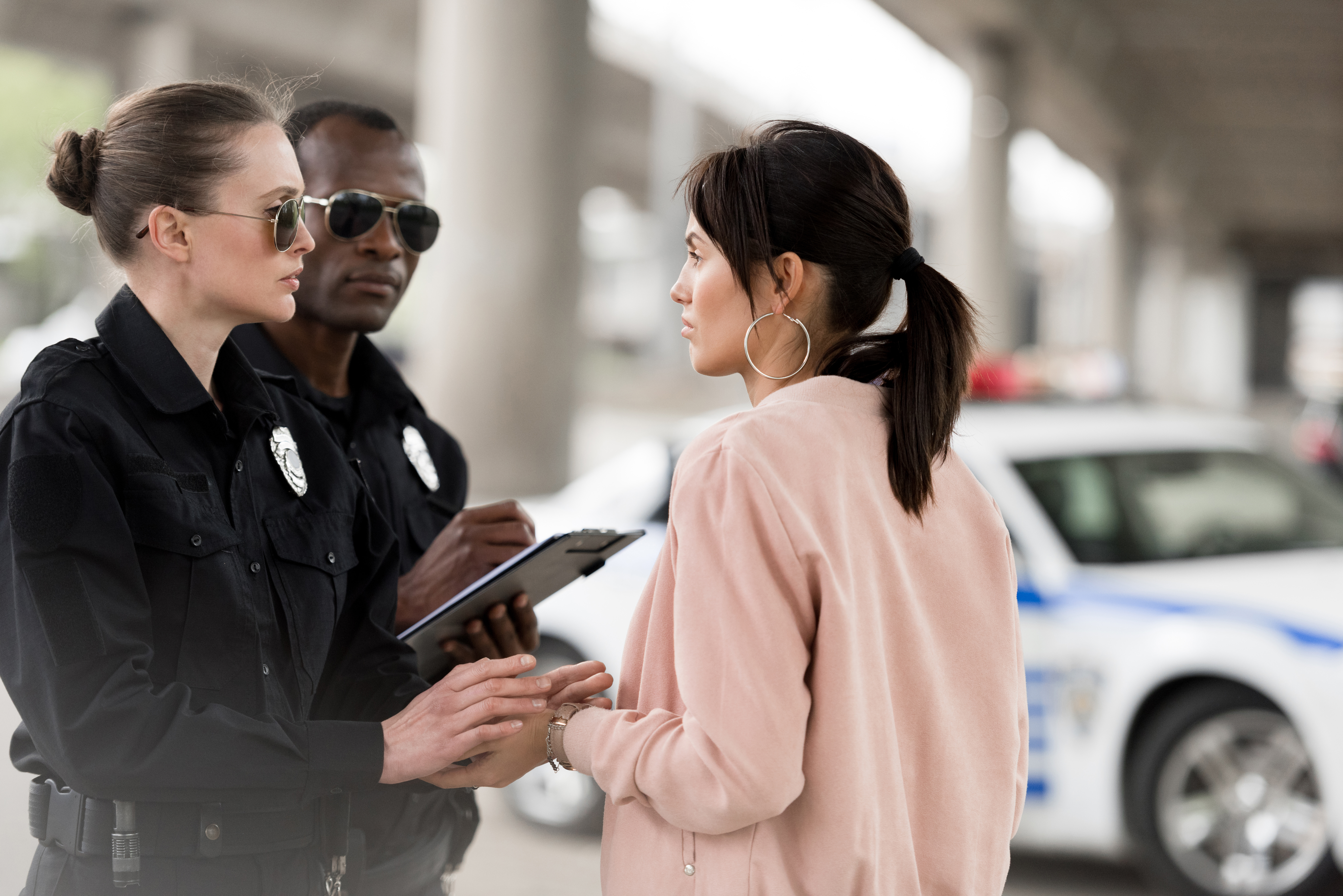A recent study published by the National Police Foundation found that most victims do not notice body cameras worn on police officers, and most do not object to being recorded.
According to the IHS Markit, police body cameras were forecast to increase by nearly 30% in 2018, exceeding 1.5 million cameras in use worldwide. With that increase, the demand for sophisticated evidence management software becomes more essential.
The benefits of police-word body cameras include capturing events from an officer’s perspective, being able to easily record interviews with witnesses and even proving police misconduct in some cases.
“Perhaps the most important benefit of deploying body-worn cameras is the potential ‘civilizing effect’ these cameras may have on the behavior of both officers and citizens,” the study said.
In a recent investigation by the Associated Press, it was found that police departments often withhold videos taken by body cameras or dashboard cameras, often-times showing officer-involved shootings or other uses of force.
Others have concerns about privacy and how body cameras may affect victims and witnesses when they interact with police officers.
The recent Police Foundation study focused on the quality of the information provided to police by victims under three conditions:
- When an officer is not wearing a body camera
- When an officer with a body camera requests permission to record an interview
- When an officer with a body camera notifies the victim or witness that they are being recorded and then switched the camera off only if explicitly requested to do so
Researchers tested these conditions under the assumption that people would notice and react to police body cameras on their own, but that assumption was proven to be wrong. Only a small minority of victims believed that the officer was wearing a body camera.
In 98% of interactions where officers wore cameras, victims did not visibly react to being recorded, even when being told they were being filmed.
“Our observers riding in the squad car reported good officer compliance with turning cameras on when they were the first on scene, but most officers did not notify victims that they were being recorded,” the study said.
Surveys were given to both victims and police officers to get accurate data for the study.
Victim and witness evaluations included statements such as:
- I felt comfortable talking to the officer
- I felt able to talk freely about the incident
- I was able to relate my story in detail
- I felt the officer treated me with respect
- I am satisfied with the way the officer handled the situation
- Do you know if the officer was recording you during this encounter
They were then asked to respond on a scale from strongly agree to strongly disagree.
Officer evaluations included questions such as:
- Was the citizen compliant and cooperative?
- Did the citizen appear reluctant to talk?
- Was the citizen forthcoming?
- Did the citizen appear uncomfortable?
- Was the citizen truthful?
They were asked to respond on a five-point scale ranging from extremely to not at all.
Overall, the study supports a body camera policy which does not require victims to give consent to have body cameras on. Rather, officers should be given a degree of discretion to turn off cameras in sensitive situations, or when the victim strongly objects to being recorded. In that case, however, officers should record the reason for deactivating the cameras.







